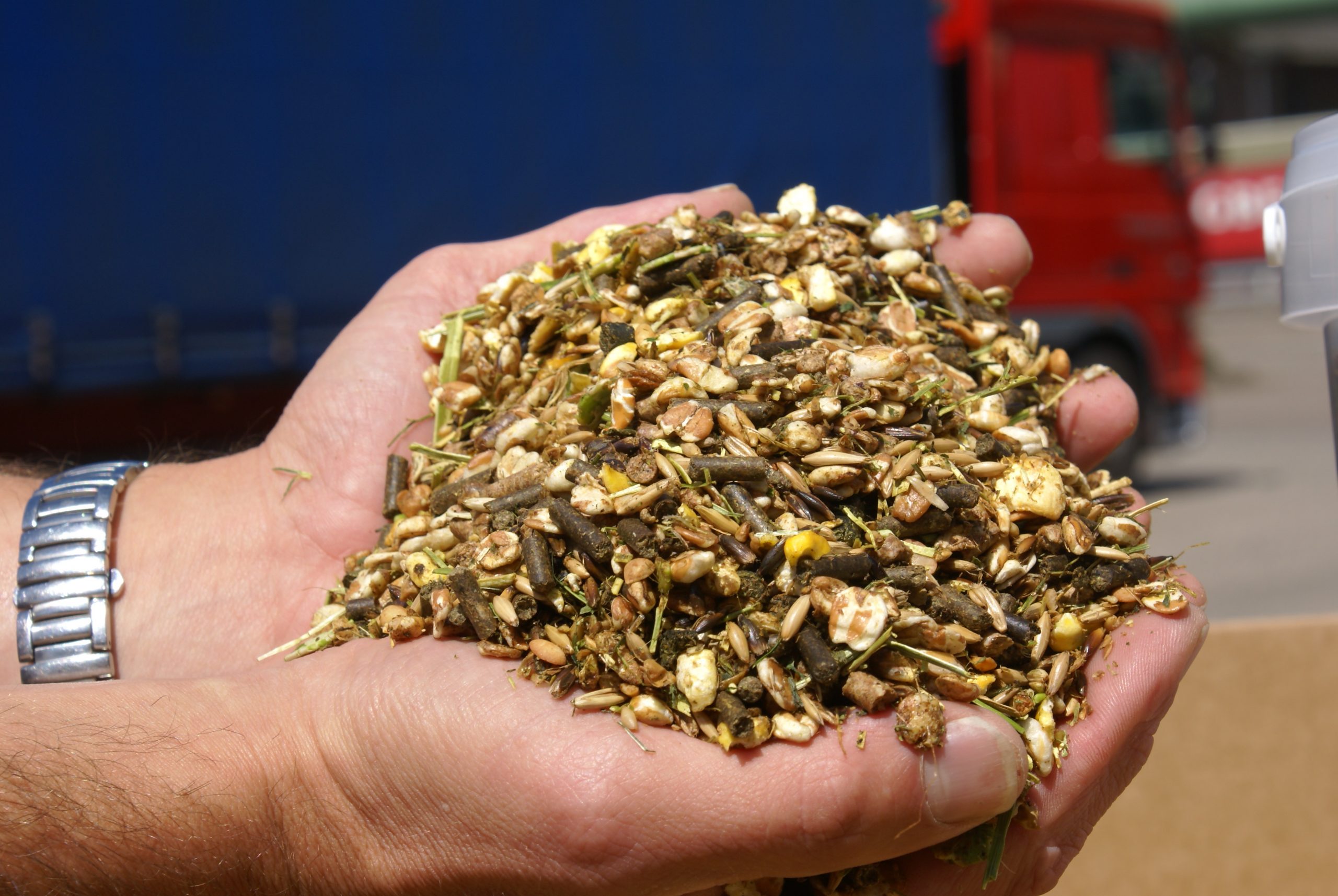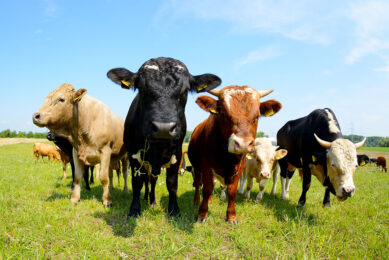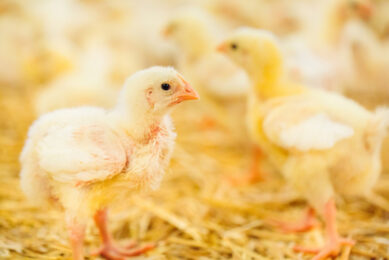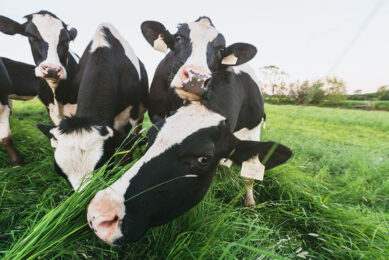Nutrient intake in horses: Key factors

There are several factors that affect nutrient delivery in the horse. This ranges from the way grains are processed to mineral imbalance and parasites.
Kentucky Equine Research (KER) have put together a list of factors on their website that influence how many nutrients a horse can take up from the diet.
Processing grains
One of them is the way grains are processed. Whole corn for example can be very difficult to digest. “Enzymes in the digestive system have trouble penetrating the hard, outer shell of a whole corn kernel to access the nutrients inside,” said Catherine Whitehouse, M.S., a nutrition advisor with (KER). Corn (and also barley and flaxseed) are therefore routinely processed.
Also interesting: Cinnamon supplementation for horses
Dental health
Health related factors include for example poor dentition. Horses cannot chew and grind food effectively when they have dental issues. This results in the passage of large, undigested particles through the digestive system without being fully broken down, and nutrients are potentially wasted. Also parasites can influence the nutrient uptake. Parasite larvae develop into adults inside the horse, stealing nutrients and damaging the intestinal lining in the process. Damaged intestinal tissue may result in a decreased ability to absorb nutrients.
Also mineral imbalance and the rate of passage are important factors.
The full article with theses key factors can be read on the website of KER.
Join 26,000+ subscribers
Subscribe to our newsletter to stay updated about all the need-to-know content in the feed sector, three times a week. Beheer
Beheer









 WP Admin
WP Admin  Bewerk bericht
Bewerk bericht